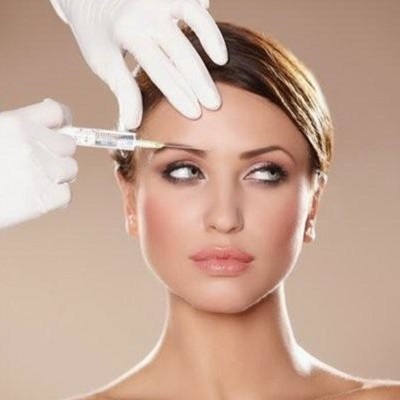Introduction
In recent years, the quest for a more radiant and even skin tone has led many to explore various cosmetic and medical treatments. Among the plethora of skin lightening options available, glutathione has emerged as a popular choice. Originally known for its role as a powerful antioxidant in the body, glutathione is now touted for its potential to lighten skin. However, the effectiveness of glutathione as a skin lightener is a subject of considerable debate. This article provides a comprehensive, evidence-based review of whether Glutathione Injections in Muscat works as a skin lightener, examining scientific research, clinical studies, and expert opinions.
Understanding Glutathione
What is Glutathione?
Glutathione is a naturally occurring antioxidant composed of three amino acids: glutamine, cysteine, and glycine. It plays a crucial role in neutralizing free radicals, detoxifying the liver, and supporting various metabolic processes. Found in high concentrations in the liver, glutathione is integral to maintaining overall health.
Glutathione and Skin Lightening
The concept of using glutathione for skin lightening is based on its ability to inhibit melanin production. Melanin is the pigment responsible for skin color, and its overproduction can lead to hyperpigmentation. Glutathione is believed to interfere with the enzyme tyrosinase, which is essential for melanin synthesis.
Scientific Evidence on Glutathione as a Skin Lightener
Mechanism of Action
Research suggests that glutathione's skin-lightening effects may stem from its role in reducing oxidative stress and its potential impact on melanin production. By neutralizing free radicals, glutathione might reduce the damage to skin cells and support a more even skin tone. Additionally, it may inhibit tyrosinase activity, thereby limiting melanin synthesis.
Clinical Studies
Several studies have investigated the efficacy of glutathione in skin lightening:
- Oral Glutathione Supplements: A study published in the Journal of Dermatology (2011) examined the effects of oral glutathione supplements on skin lightening. The study found that participants experienced a significant reduction in melanin levels and an improvement in skin brightness. However, the study also noted that results varied and more research was needed to confirm these findings.
- Topical Glutathione: Research published in the International Journal of Cosmetic Science (2013) assessed the effectiveness of topical glutathione in reducing skin pigmentation. The study concluded that while topical applications could improve skin tone, the results were modest compared to other skin lightening agents like hydroquinone.
- Intravenous Glutathione: Some studies, such as one in the American Journal of Clinical Dermatology (2015), have explored intravenous glutathione as a skin lightening treatment. These studies reported promising results, with participants showing significant improvement in skin tone. However, concerns about safety and potential side effects were also highlighted.
Safety and Side Effects
While glutathione is generally considered safe for use, concerns have been raised about its long-term effects and potential side effects. Oral and topical glutathione are typically well-tolerated, but intravenous administration can carry risks, including allergic reactions and liver damage. It's crucial for individuals to consult with healthcare professionals before starting any new treatment.
Expert Opinions
Dermatologists' Views
Dermatologists often emphasize that while glutathione may offer some skin-lightening benefits, it is not a panacea. Many experts believe that the evidence supporting its efficacy is still inconclusive and that other established treatments, such as vitamin C, retinoids, and chemical peels, may provide more reliable results.
Industry Perspectives
The beauty and skincare industry frequently promotes glutathione-based products, highlighting their antioxidant properties and skin-lightening potential. However, industry claims should be scrutinized, as marketing strategies may not always align with scientific evidence.
Conclusion
In summary, glutathione shows some promise as a skin lightener, with evidence suggesting it may help reduce melanin production and improve skin tone. Clinical studies and research indicate that while glutathione can be effective to varying degrees, the results are not uniformly consistent. Oral, topical, and intravenous glutathione each have their own set of benefits and limitations.
Given the current evidence, it is essential for individuals considering glutathione for skin lightening to approach it with realistic expectations and consult with healthcare professionals. More research is needed to fully understand its efficacy and safety profile. For those seeking skin lightening treatments, exploring a range of options and focusing on scientifically validated methods may yield more reliable outcomes.





Comments